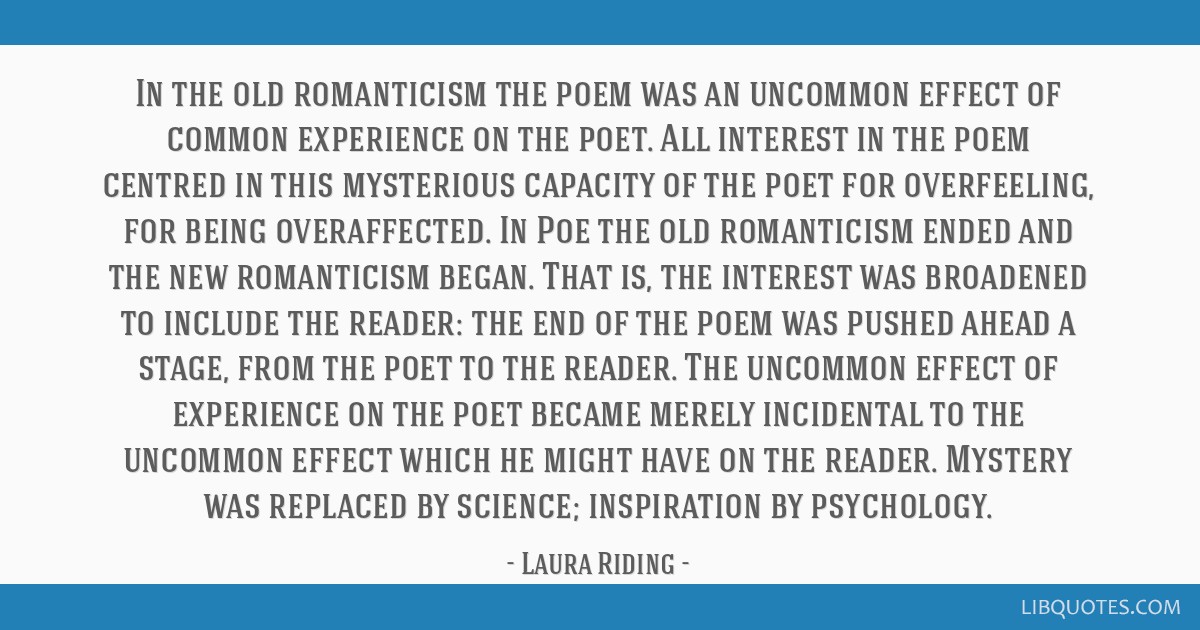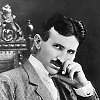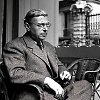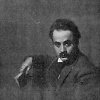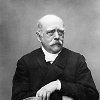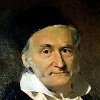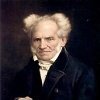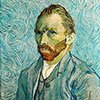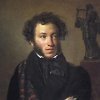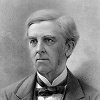In the old romanticism the poem was an uncommon effect of common experience on the poet. All interest in the poem centred in this mysterious capacity of the poet for overfeeling, for being overaffected. In Poe the old romanticism ended and the new romanticism began. That is, the interest was broadened to include the reader: the end of the poem was pushed ahead a stage, from the poet to the reader. The uncommon effect of experience on the poet became merely incidental to the uncommon effect which he might have on the reader. Mystery was replaced by science; inspiration by psychology.
"What is a Poem?" from Anarchism Is Not Enough (London: Jonathan Cape, 1928)
